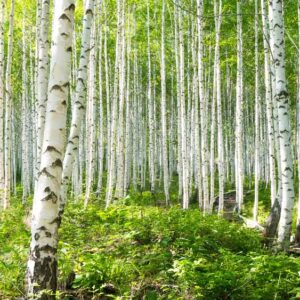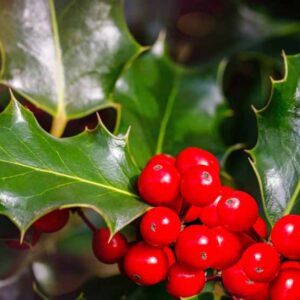Description
The sycamore tree is found throughout most of Europe, North Africa and western Asia. The sycamore (Acer Psuedoplantanus) is a large deciduous tree growing to 25-40m tall (exceptionally 60m), with a trunk up to 2m diameter. In the wild it occurs in mixed forests, in natural parklands and scrubby areas; young trees tolerate almost complete shade, while the full-grown tree tolerates quite severe drought once established.
Sycamore trees grow in almost any soil but they prefer deep, rich soil that is moist but well-drained. Plant container-grown trees in spring or autumn.
Fertilise the tree every other year if it isn’t growing as fast as it should or the leaves are pale. Water young trees deeply to keep the soil from drying out.




